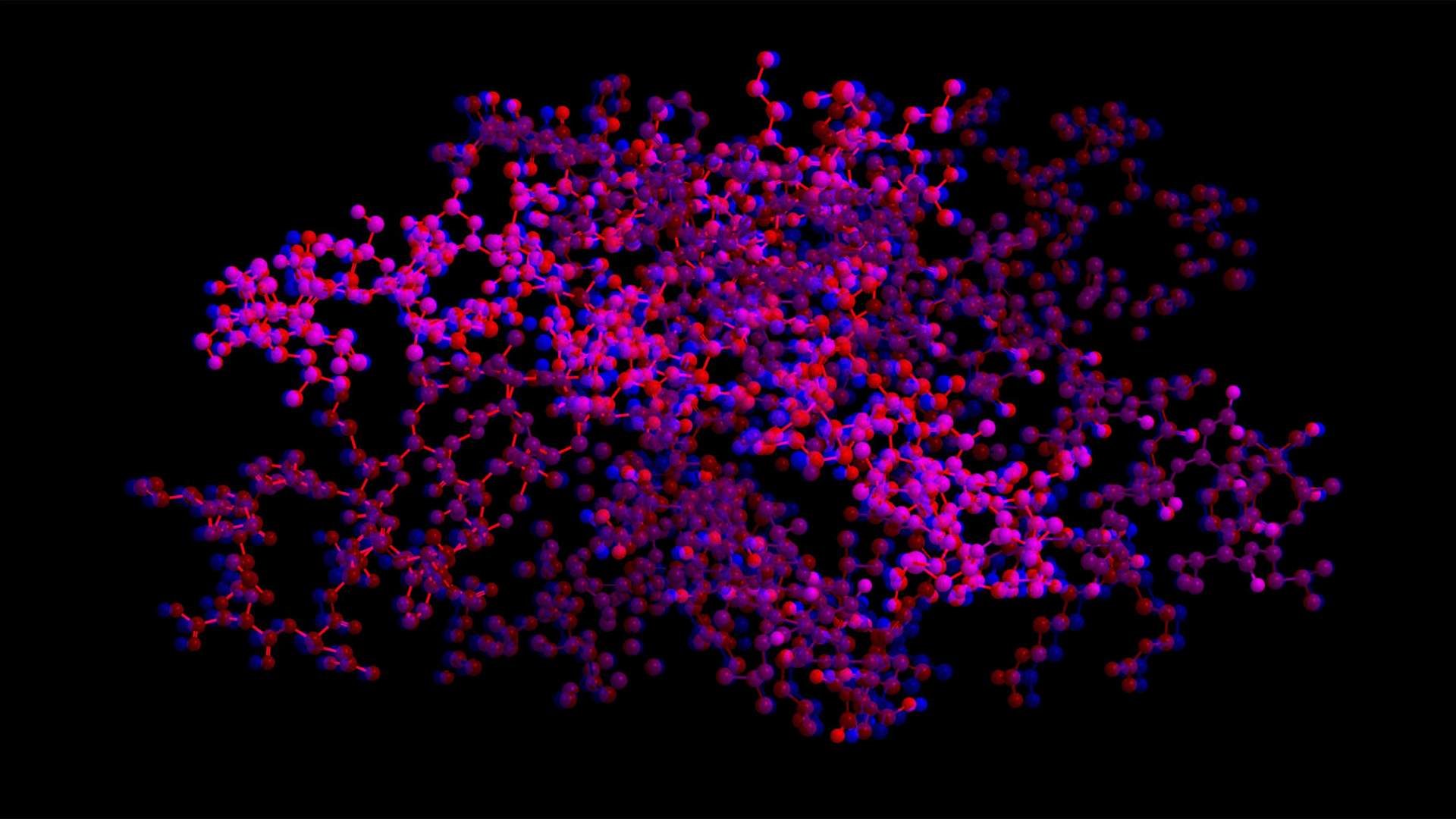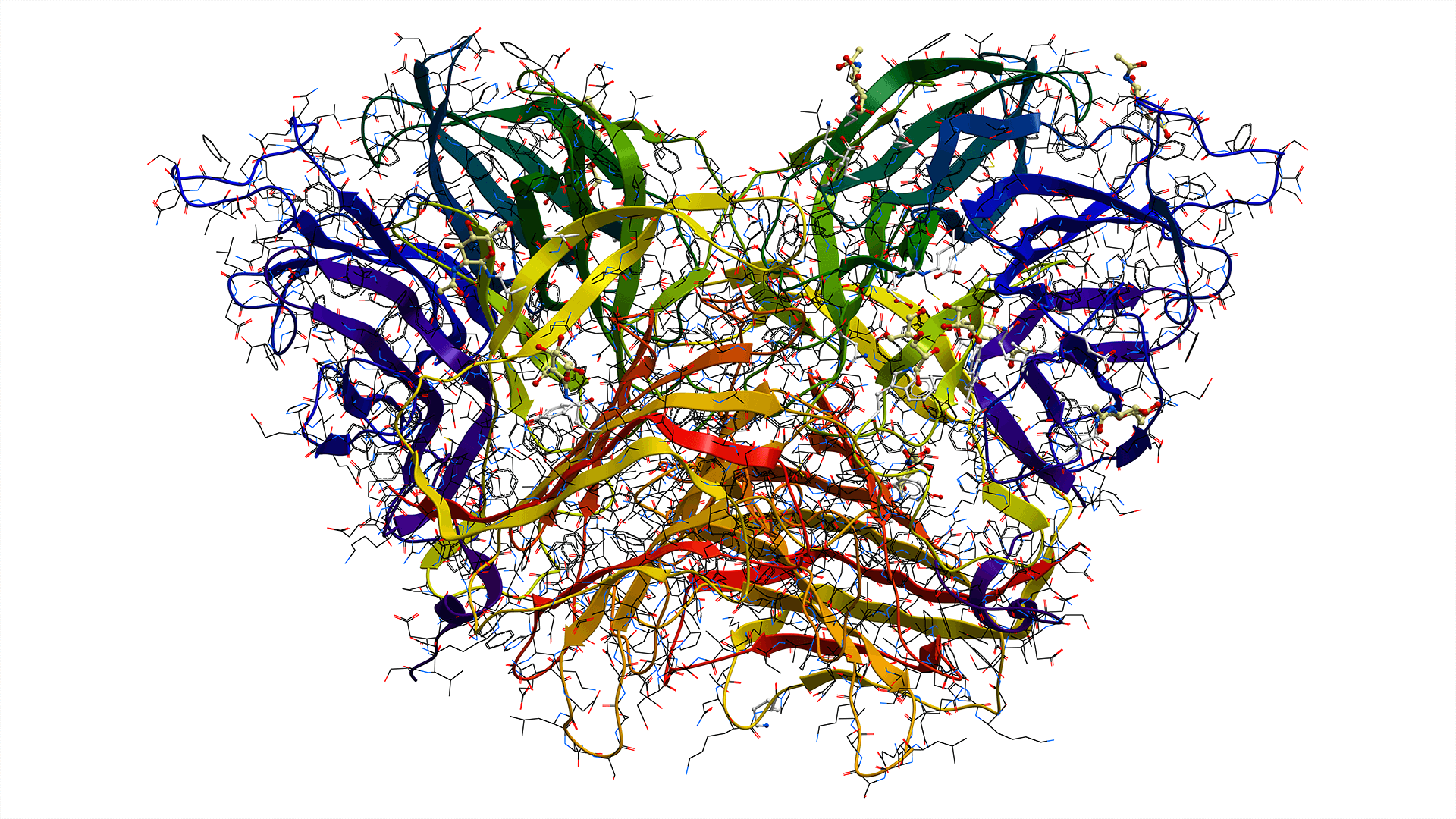Enzyme and Protein Chemistry

The Enzyme and Protein Chemistry (EPC) research group applies expertise in protein structure, function, engineering, molecular interactions, bioinformatics and proteomics to unravel the molecular basis for functionality and interactions of components in biological systems and biotechnological processes. Our research benefits society by providing new insights and sustainable technology options for product fabrication such as biorefinery targets, functional food ingredients, and new biomedical molecules.
EPC’s achievements depend on international and national interdisciplinary collaborations revolving around discovery, recombinant production, biophysical and biochemical characterisation of typically carbohydrate‐active enzymes (glycoside hydrolases, transglycosidases, and polysaccharide lyases) from more than 25 different families, proteinaceous inhibitors, and carbohydrate binding modules (CBMs) of some 10 families from plants, fungi, marine bacteria, probiotics and human gut microbiota. In addition we work on identifying the structural basis of food matrix and texture forming complexes of proteins with hydrocolloids or exopolysaccharides from lactic acid bacteria and with stabilisation of milk protein aggregates.
Main research objectives currently include:
- Structure-function relationship investigations of a range of carbohydrate-active enzymes, including industrial enzymes, using structure- and sequence-based rational protein engineering to scrutinize catalytic mechanisms and obtain enzyme variants with new activities for production of novel carbohydrates and carbohydrate derivatives
- Discovery of enzymes from all kingdoms acting on starch, dietary fibers and biomass polysaccharides for improved conversion and utilisation of natural resources
- Low affinity carbohydrate-protein interactions and their impact on dynamic systems like polysaccharide biosynthesis and degradation, and host-microbe relations
- Protein-protein interactions in milk for design of dairy product functionality, structure and stability
- Structural details of complex formation between milk proteins and bacterial exopolysaccharides or alginates aiming at understanding the link between molecular recognition, particle formation, texturizing mechanisms and formation of food matrices exploiting natural resources
- Structural basis for degradation of dietary fibres and alginates by enzymes from human gut bacteria, the impact on the microbiota community, and how it affects epithelial adhesion and human health
EPC collaborates within the department, with DTU Chemistry, DTU Biosustain, DTU Health Tech, DTU Food and DTU Chemical Engineering and with a wide range of national and international research groups as well as industries.



